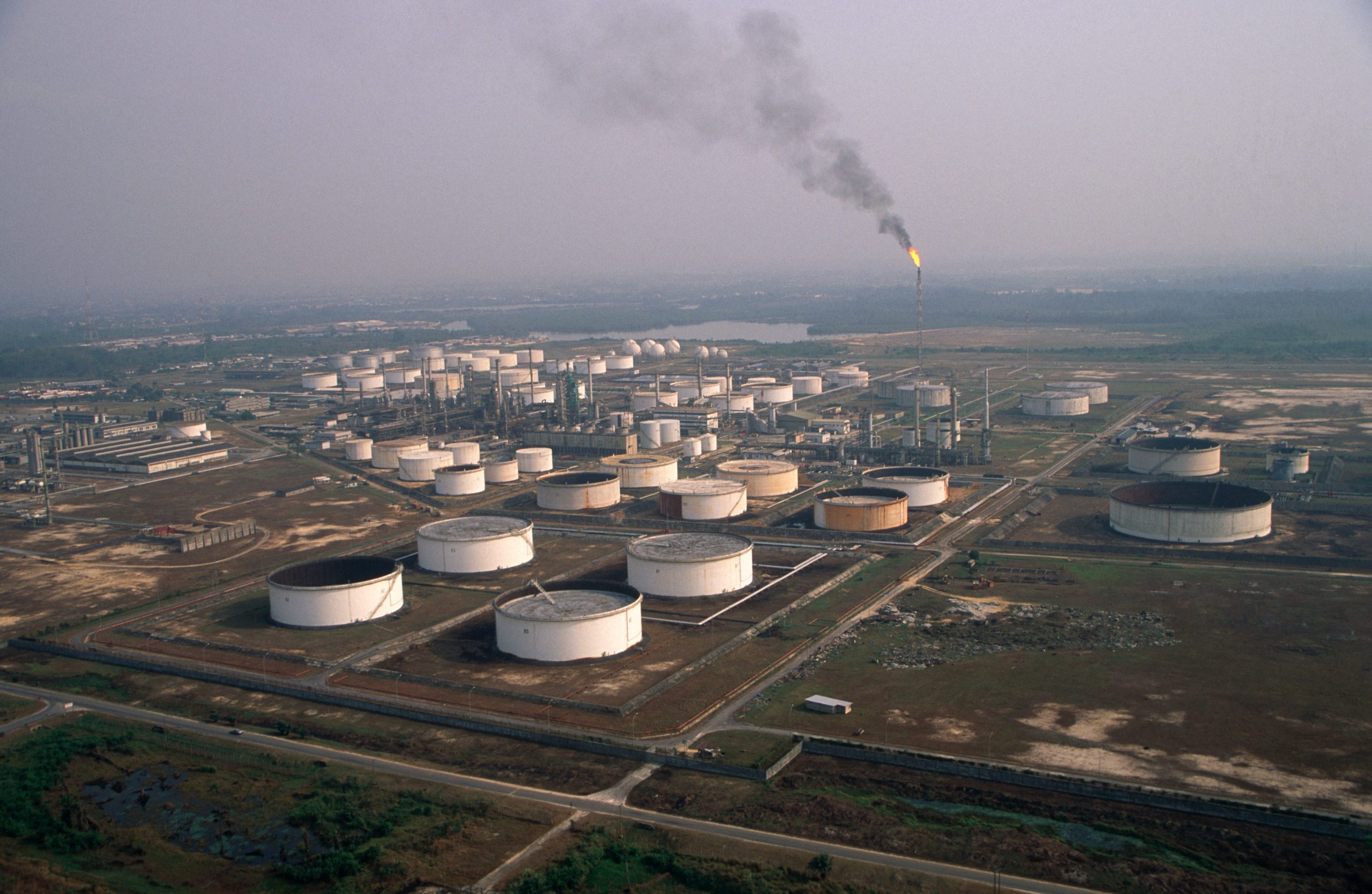Nigerian President Bola Tinubu is taking steps to overhaul the country’s struggling oil industry as national production declines and global crude prices tumble following new U.S. tariffs announced by former President Donald Trump.
Tinubu last week dismissed several top executives at the state-owned Nigerian National Petroleum Company (NNPC). On Wednesday, the federal government announced that local refineries will be allowed to continue purchasing crude oil using the national currency, the naira.
The Ministry of Finance said in an April 9 statement that the “Naira for Crude” policy “remains in effect and will continue as long as it aligns with public interest and supports national economic goals.”
The initiative is designed to encourage domestic refining, improve energy security, and reduce Nigeria’s reliance on foreign currency in its oil transactions.
Tensions have recently emerged between NNPC and billionaire businessman Aliko Dangote, who owns a major refinery in Lagos. Dangote had suspended local fuel sales after being required to pay for crude in U.S. dollars, a move that contributed to a sharp rise in gasoline prices.
The federal government’s reversal on the issue follows Tinubu’s dismissal of 11 senior NNPC officials last week. Ahmadu Musa Kida has been appointed chairman of the company, with Bayo Bashir Ojulari named as the new managing director.
Tinubu’s administration has framed the leadership changes and policy adjustments as necessary to revive Nigeria’s flagging oil output and restore confidence in NNPC, which has long faced allegations of corruption and inefficiency.

